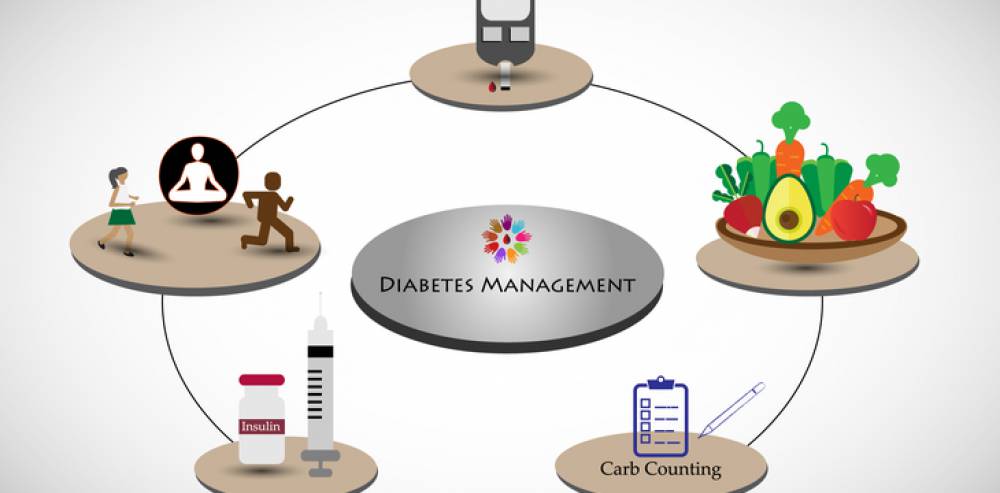You want to know how to control your diabetes. For the millions of people living with diabetes, counting the days to survive and finding the right solution is a natural thing. But few find the right answer.
You have an amazing body with amazing features. It's true, the more you learn about your body, the less you understand. And many believe that treatment is imminent. You can also get more information at https://www.jacarandamaternity.co.ke/diabetes-care about diabetes care treatment.
Image Source: Google
In other words, you can make instant changes to your current diet and lifestyle. Herbs and exercise improve your health and slowly reverse and eventually cure diabetes.
Diet: Diet plays an important role in the management of diabetes. Too much fat, sugar, raw flour, and not enough fiber can affect your health with diabetes. There is great hope that by identifying symptoms early and treating them properly, you are more likely to be able to prevent diabetes.
Lifestyle: This disease can be prevented or even cured with some simple lifestyle changes. Your lifestyle includes possible unwanted smoking habits, alcohol consumption, machine life, overeating, and sleeping during the day.
Exercise: Today, exercise plays a dominant role in controlling your body in a diabetic condition. Since physical work and physical activity are less common in everyday life among machines that do your job, you should practice light to deep breathing exercises to reduce diabetes.
Diabetes control is an art. If you want to be 100% sure, you need to know the description of Diabetic Foods to Eat and Diabetic Foods to Avoid.

